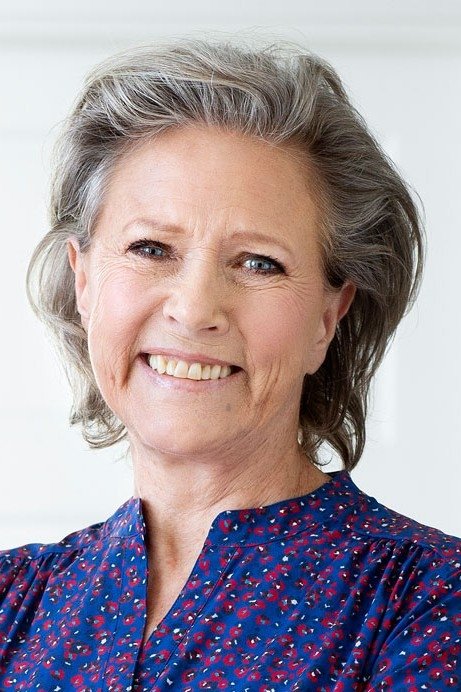
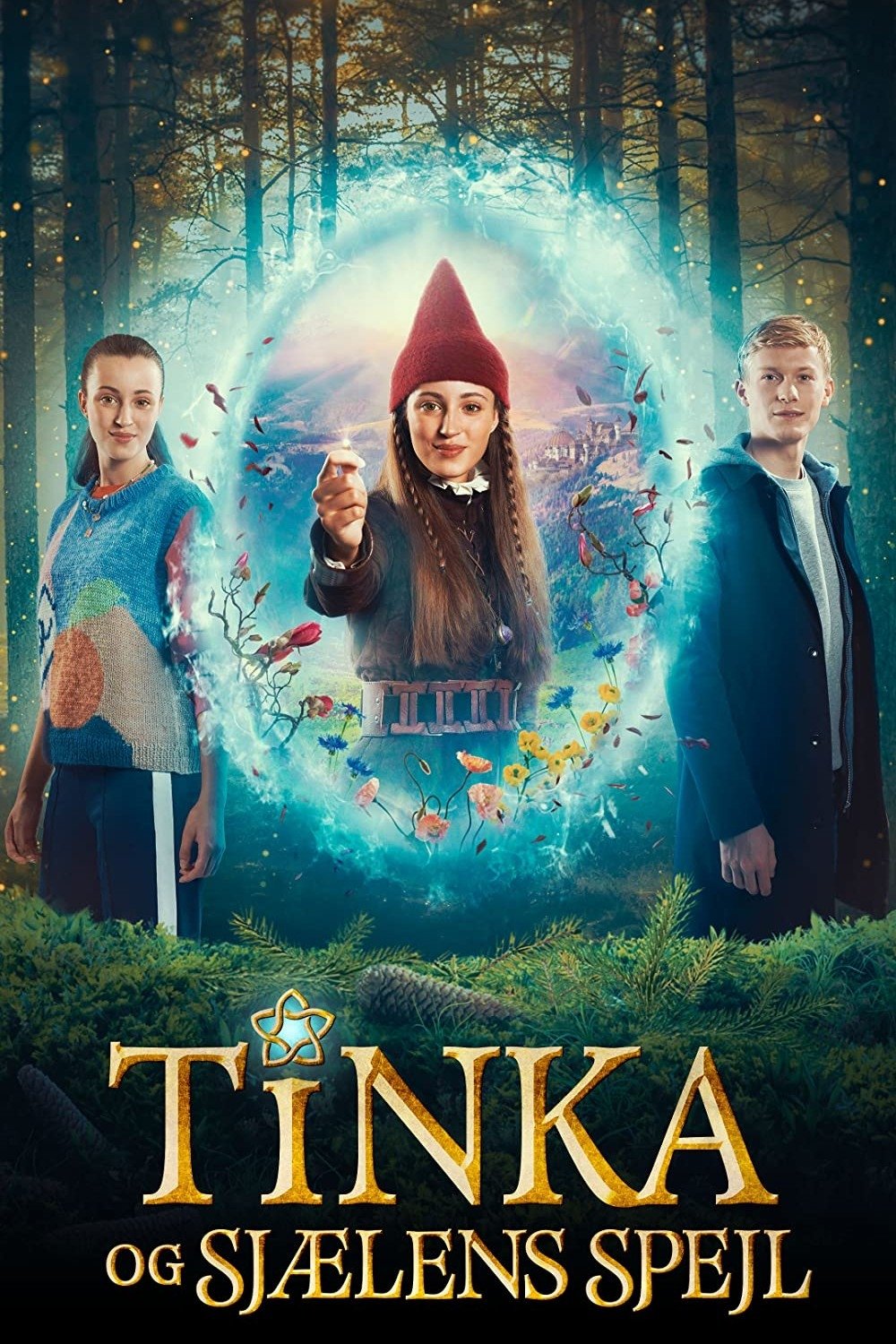
The last time we met Tinka, she introduced the Collection, where representatives from the four regions of the Kingdom of the Gnomes and a single person together ruled and decided. However, the new form of government does not work as Tinka had hoped, and she has therefore begun to doubt her abilities as the leader of the elves. When Ingi puts Tinka on the trail of a family secret, she and Lasse search for answers in the human world, and here Tinka awaits a surprise that puts the entire existence of the Kingdom of the Elves at risk.
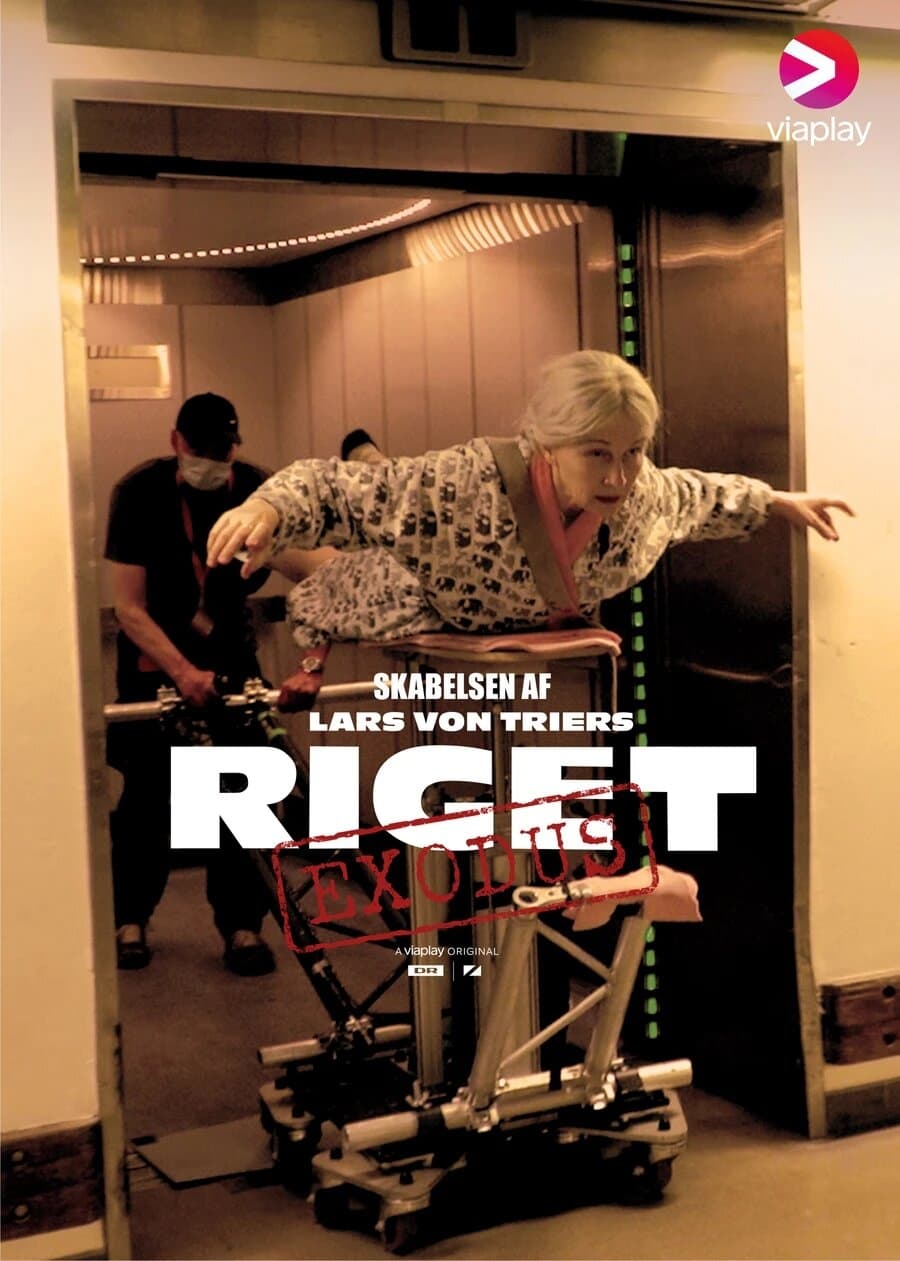
Get an exclusive behind-the-scenes look at the creative challenges Lars von Trier presents his cast and crew to bring his vision to life from script to shoot and to the screen at home.
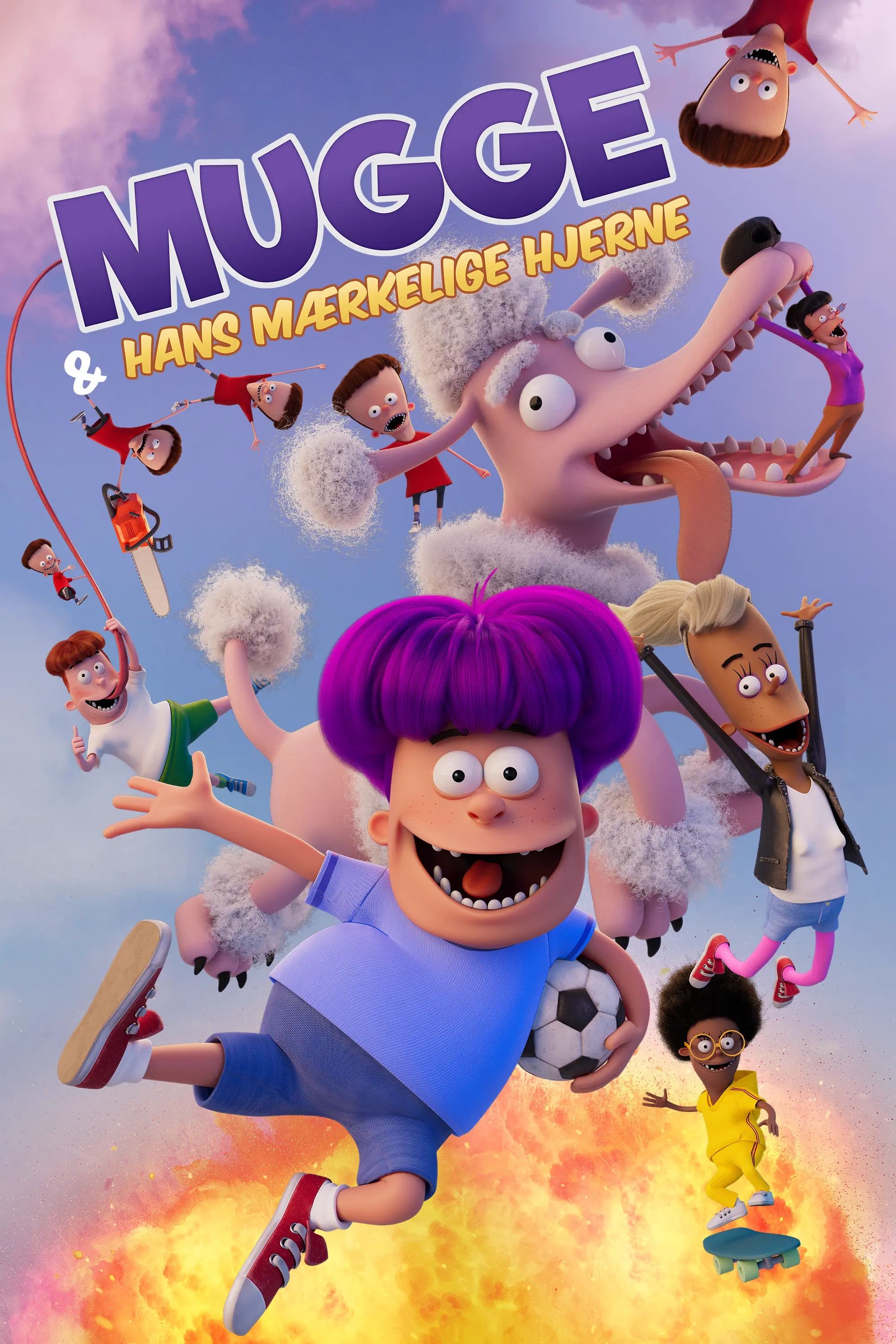
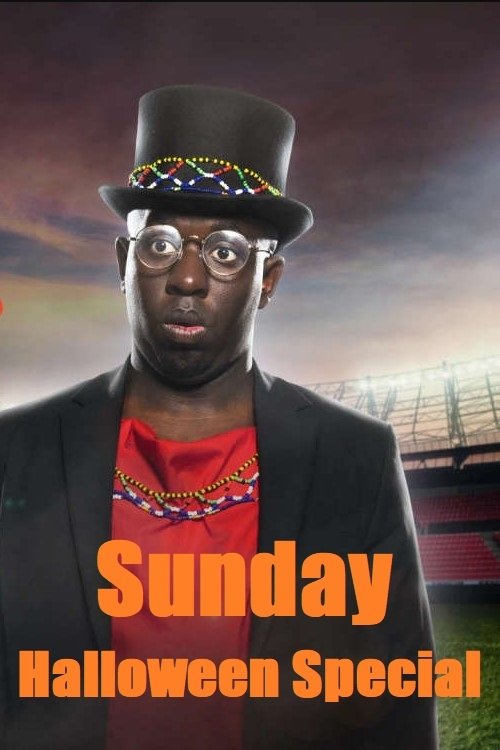
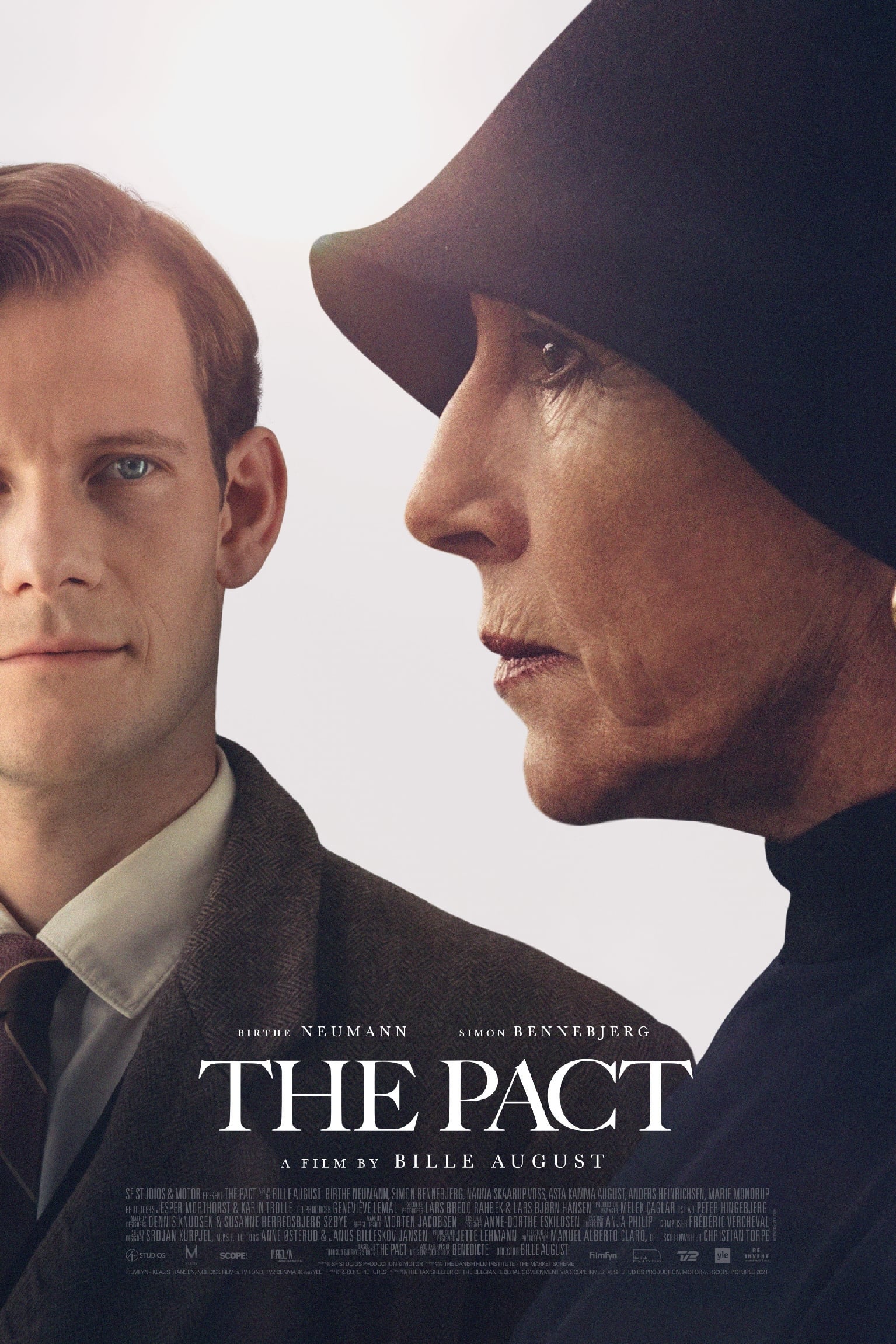
Aged 63, Karen Blixen is at the pinnacle of her fame and next in line to win the Nobel Prize for literature. It has been 17 years since she gave up her famous farm in Africa, only to return to Denmark with her life in ruins. Devastated by syphilis and having lost the love of her life, she has reinvented herself as a literary sensation. One day, she meets a talented 30-year-old poet whom she promises literary stardom if he in return will obey her unconditionally, even at the cost of him losing everything else in his life.
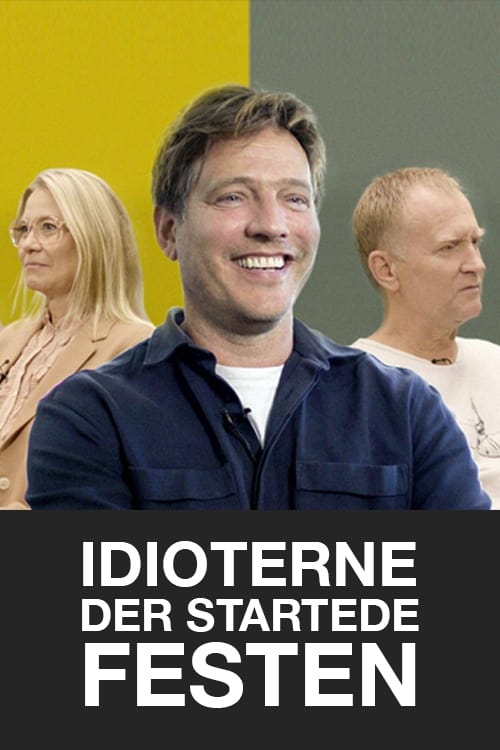
Danish film has never felt stronger on the international stage than it did with the Dogme films, which at the world premiere of 'The Party' and 'The Idiots' during the Cannes Film Festival in 1998 put Denmark on the film world map. Another eight films under the strict Dogme rules followed and created great international careers for several of the talents in front of and behind the handheld camera. Thomas Vinterberg, Søren Kragh-Jacobsen, Paprika Steen, Ulrich Thomsen, Trine Dyrholm, Iben Hjejle, Anders W. Berthelsen, Lone Scherfig, Sonja Richter and many more of the country's greatest filmmakers look back on when Denmark became Dogme.
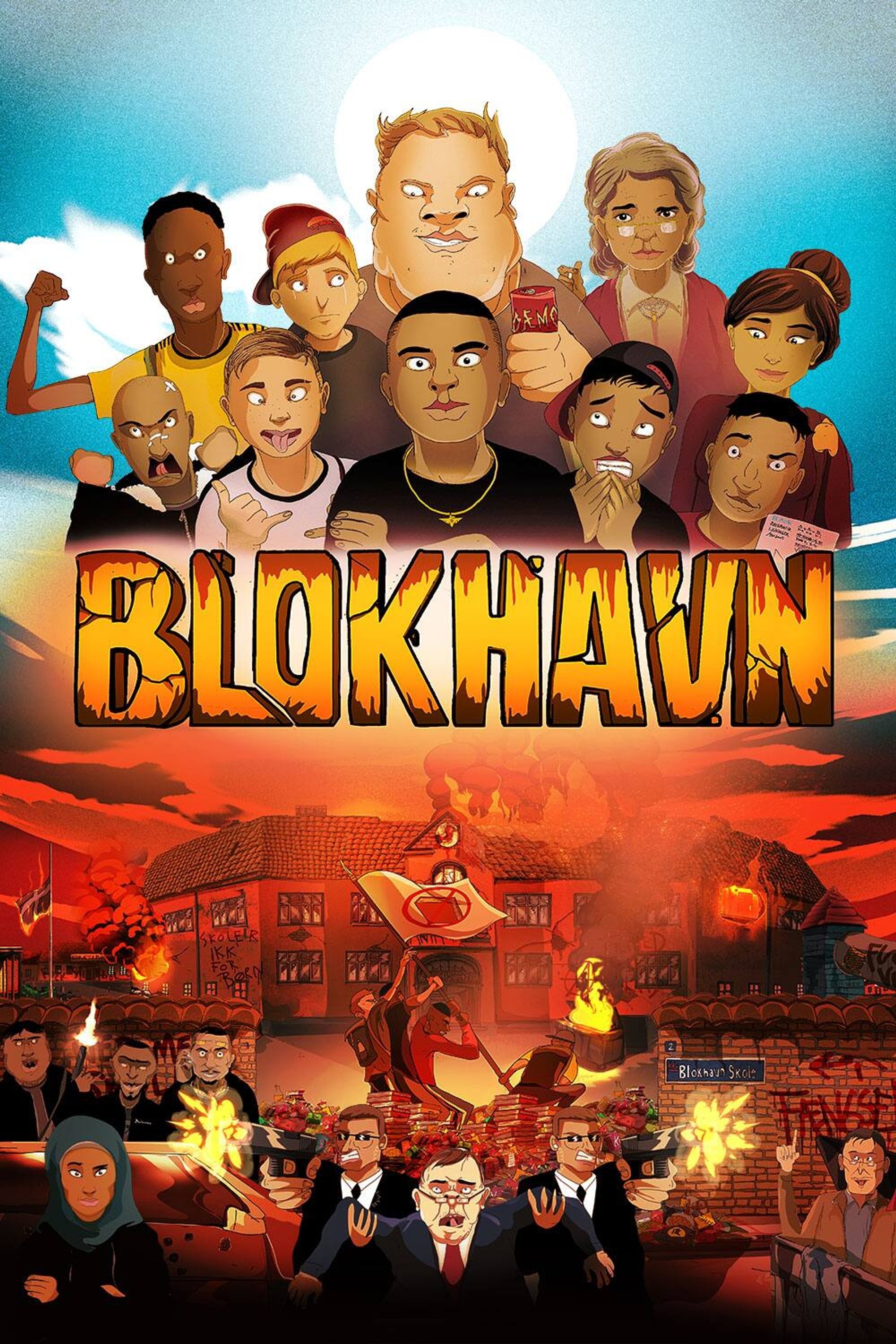
When it is officially announced that the local school in Blokhavn is to be closed, Ali and his five best friends embark on an impossible rescue operation.

Autumn 1973, few days before her first suicide attempt, two journalists visit danish poet Tove Ditlevsen, for a talk on her self-made obituary.
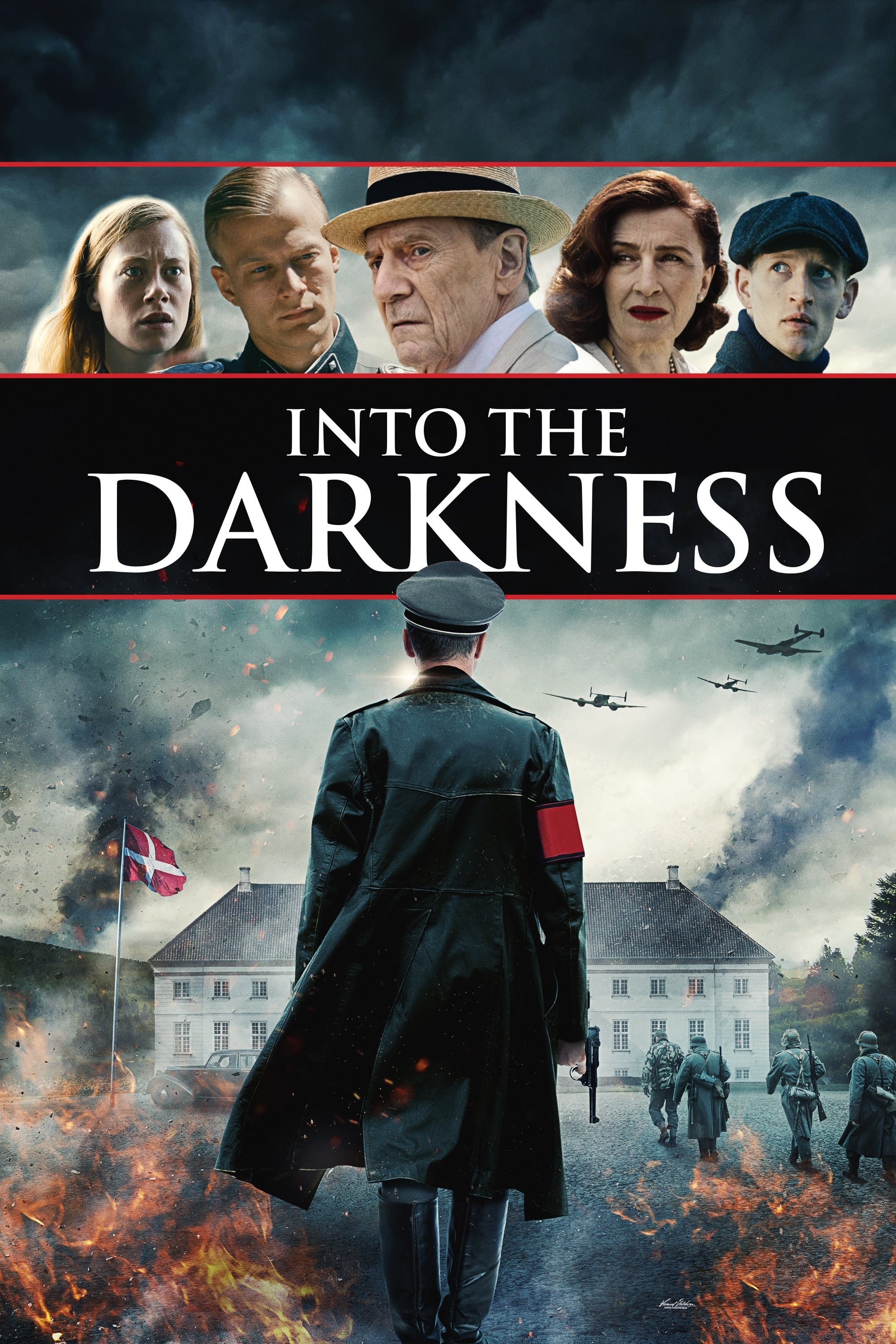
Karlskov is a self made, successful owner of a large electronics factory, has a wife and five children. They live the good, privileged upper-class life on Strandvejen north of Copenhagen when the Nazis occupy Denmark in April 1940. Karl struggles to continue production at the factory, but to protect his family and employees he reluctantly begins to produce for the German market. It brings him into a controversial collaboration with the occupying power and causes painful breaks in the family.
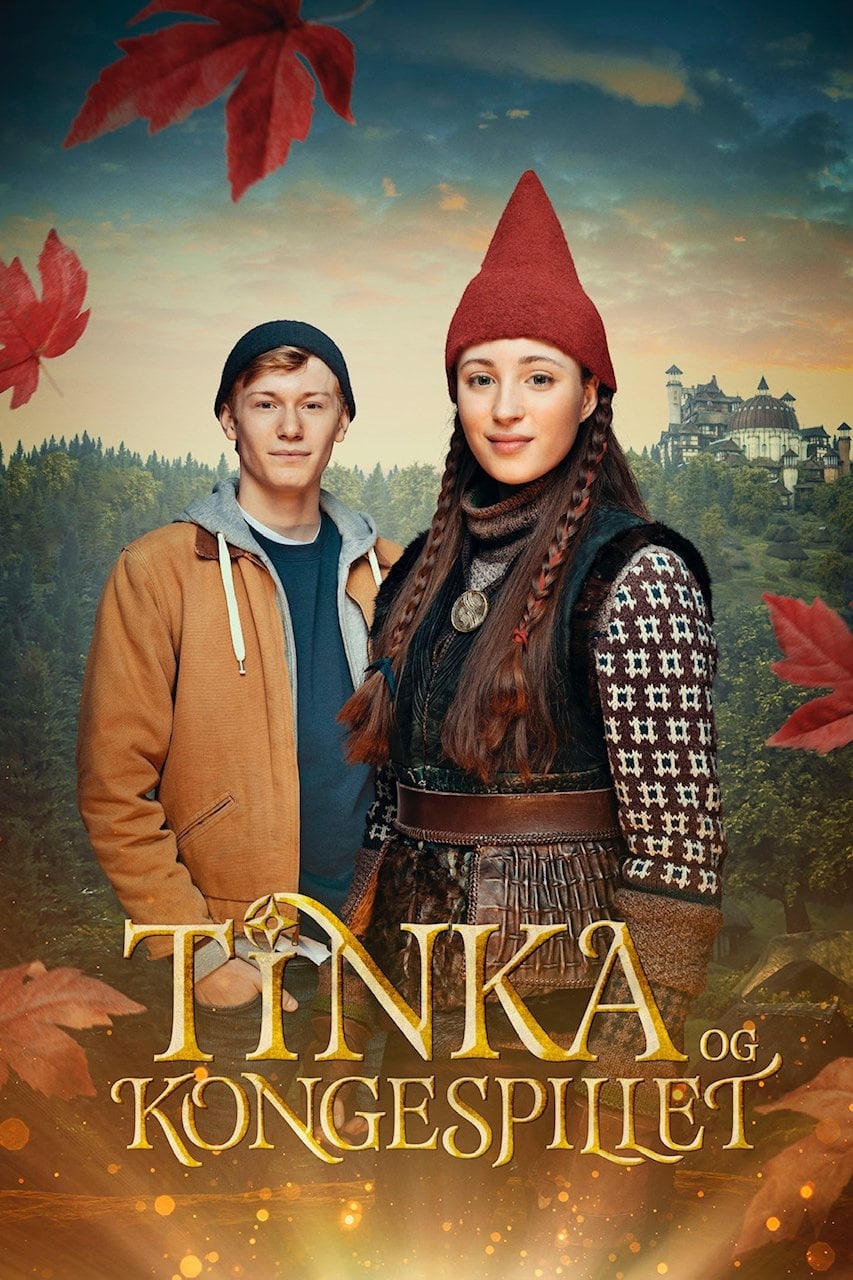
By browsing this website, you accept our cookies policy.